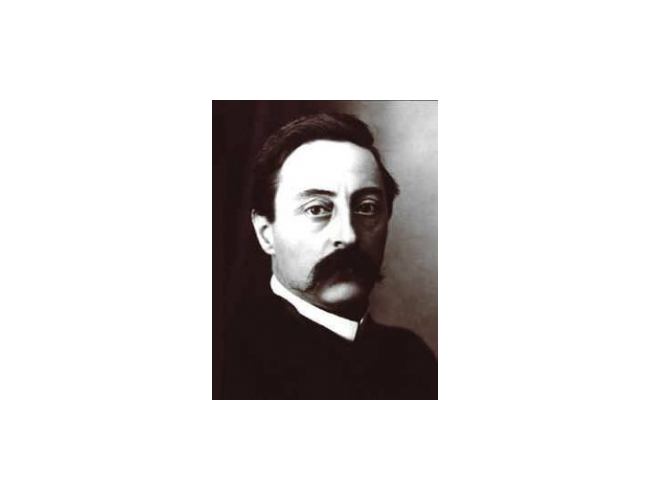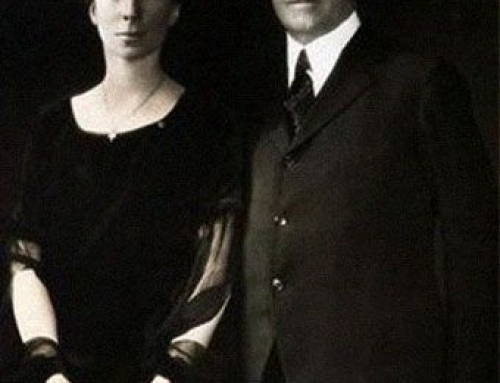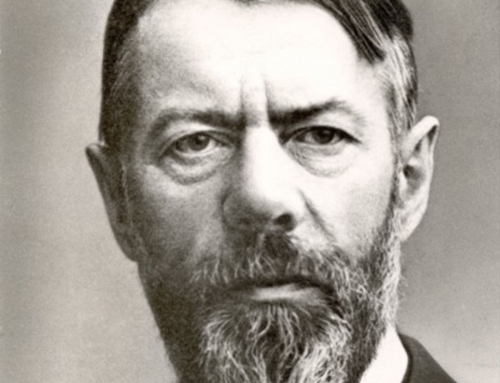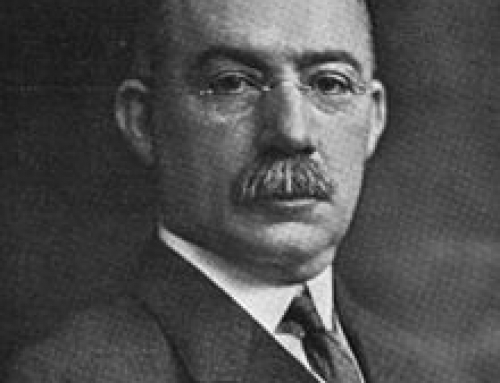In his seminal work, Rites of Passage, van Gennep studied human ceremonies from many cultures that marked the passage from one stage of life to another, first articulating the concept of transition as we know it today.
Arnold van Gennep was an anthropologist, early ethnographist and folklorist with significant impact in studies related to human life stages and celebrations. Born in Germany of a French mother and Dutch, Gennep spent most of his educational and working life in France. In his seminal work, Rites of Passage, published in 1909, Arnold Van Gennep outlines three phases in every rite of passage—separation, transition, and incorporation.
In addition to this work, he accumulated significant information and artifacts from French folklore that he published in two, multi-volume sets—a major contribution for both the French culture and the value of folklore. He is said to have mastered 18 languages in his lifetime.
Source:
http://www.encyclopedia.com/topic/Arnold_Van_Gennep.aspx
http://www.newworldencyclopedia.org/entry/Arnold_van_Gennep
http://find.galegroup.com/gic/infomark.do?&idigest=fb720fd31d9036c1ed2d1f3a0500fcc2&type=retrieve&tabID=T001&prodId=GIC&docId=CX3045302291&source=gale&userGroupName=itsbtrial&version=1.0




